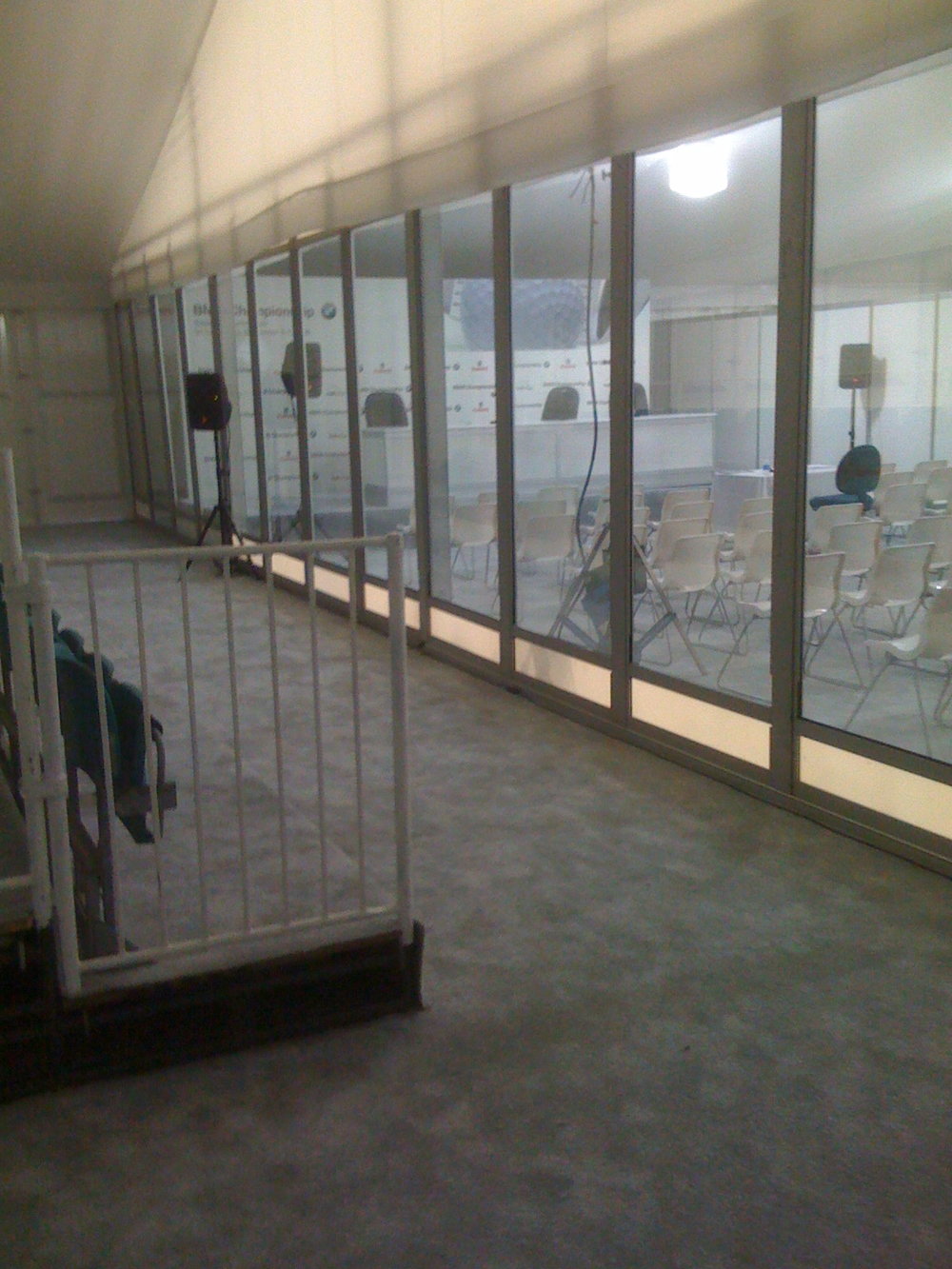It's interesting to note that as soon as a major sponsor like State Farm was on the record questioning the LPGA's speak-English-you-pesky-Koreans-or-its-안녕, they rescinded their proposed penalties. Before we get to some reaction and the major question here, consider these two interviews from the last couple of days.
Michael Bush of Ad Age talked to Libba Galloway who held firm even after the State Farm comments. That was yesterday.
Steve Eubanks, in a Yahoo interview with Commissioner Bivens dated Thursday at 12:14 p.m., gets some interesting responses considering Fridays rescintion.
Bivens: Well, I’ll start by saying that, if you’ve been reading the blogs, you know that it has not just been heat. We’ve also been praised for being leaders.
See all of you who supported the commissioner in previous posts here, you provided someone comfort.
Eubanks asked about why only Koreans were targeted:
We currently don’t have any Spanish-speaking players who don’t speak English. We don’t have any Swedish players who don’t speak English, and we didn’t have any Japanese players in the Portland event, which is where we talked.
A couple of times a year, when I meet with the Korean players, they ask that I meet with the parents and guardians or their agents. That’s a group that has a unique culture and unique needs, just as the Spanish speakers or others that we don’t happen to have right now.
And here's where you have to question why she gets paid the big bucks:
Question: Were you surprised by the negative reaction this has gotten?
Bivens: Sure, when the headline is that we’re mandating English only and we’re going to suspend players, people are going to react to that. That’s not the program. Ninety-five percent of the program is about education and focus; 5 percent deals with the penalty, and we don’t expect to ever have to apply it. We’re providing all of the resources. Based on the headline and misinformation, we shouldn’t have been surprised.
This was not an announcement. This was a work in progress, and it came third-hand from a private meeting.
And wouldn't you just expect that something so clearly controversial would get out?
In an ESPN.com piece,
Ron Sirak says the LPGA should have seen this coming.
This entire mess, which is embarrassing for the LPGA at best and potentially damaging to its efforts to do business in Asia at worst, could have been avoided if that "valuable feedback" had been sought before the rule was unilaterally imposed at a meeting with the Korean players in Portland, Ore., in late August. The decision to rescind the penalty was the right one, but is it a large enough eraser to eliminate the memory of the original insult?
These are huge points I don't think has been mentioned anywhere else:
The tour's single biggest revenue stream is Korean TV money. What is to be gained by offending that community?
The ultimate silliness about this entire situation is the small number of players it really affected. A well-placed source within the LPGA hierarchy said there were "perhaps a dozen" Korean players on tour who did not possess the English skills the LPGA desired. A caddie who works for a Korean player placed the number at "about five to seven."
This all seems to go back to the same point: who at the LPGA Tour is thinking about the big picture and understanding how the world might react to new policies? Clearly not Bivens or anyone she has brought in. Consider what
John Hawkins wrote before Friday's news:
Blog Nation has been serving up a ton of related opinions, many of which castigate commissioner Carolyn Bivens for her sloppy handling of the matter, as if anything this administration does is executed in tidy fashion or is universally well received.
You know what I like about Bivens? Neither do I. A vast majority of the storylines coming out of women's golf in recent years have come with a built-in negative hook, and not because the media is guilty of piling on. The language-barrier issue is a classic head-vs.-heart argument: what's good for business as opposed to what's morally right. There are a bunch of reasons not to like the LPGA's demand that its players speak English and just one obvious reason to validate the cause—so a bunch of South Korean girls can chat in the pro-am with the guy who owns the local supermarket chain.
How does she keep her job?
Sadly, for the LPGA Tour, she's a blogger's dream.That should tell the LPGA board everything it needs to know.














